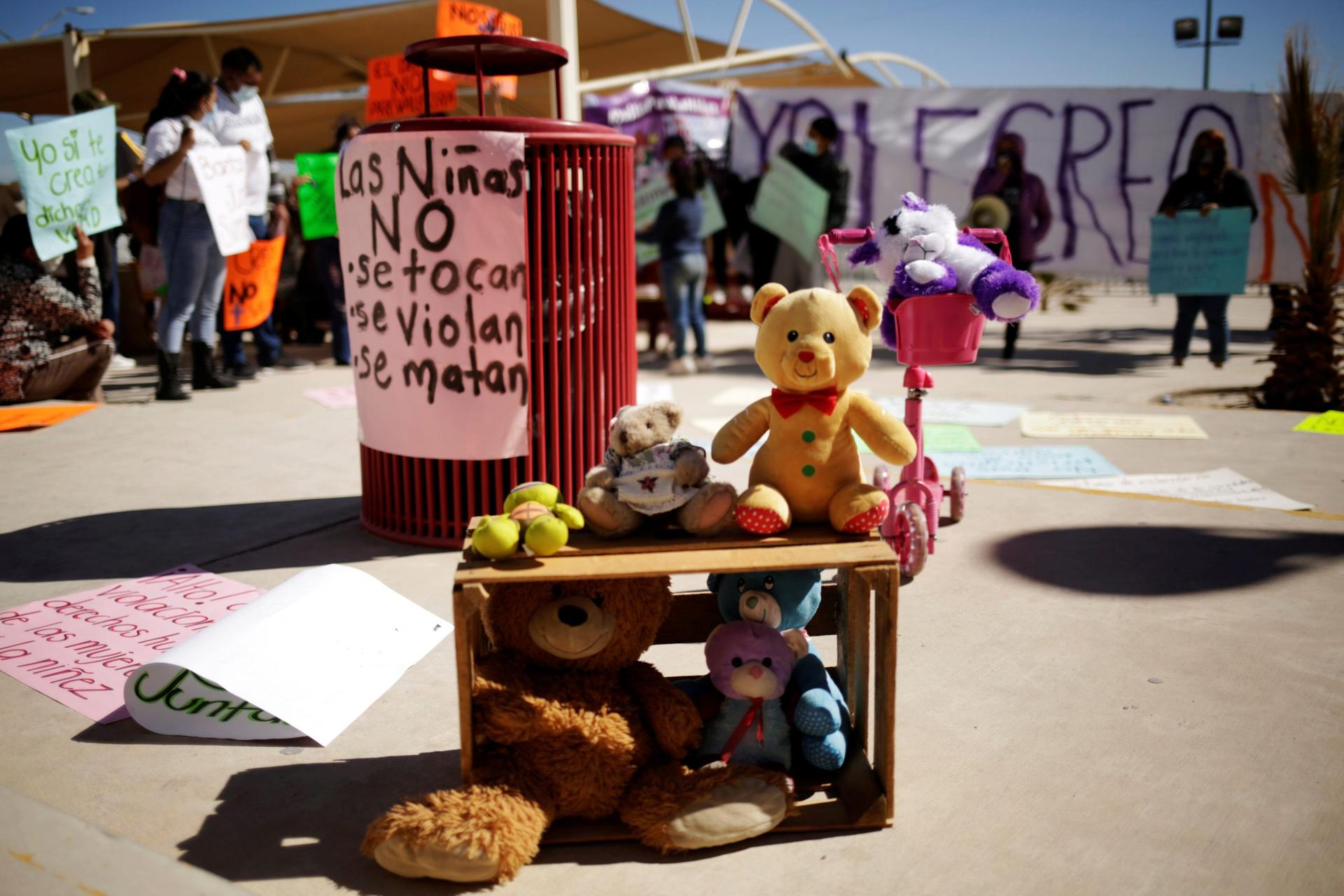NEW YORK – On what would have been his priest abuser’s 100th birthday, Mark J. Williams says he visited the man’s gravesite to “let it go,” forgiving him for the pain he had caused.
“I told him I had to move on. I forgave him, and I told him that I knew God still loved him,” said Williams, now a forensic psychological clinician and special advisor to Cardinal Joseph Tobin of Newark.
“I can’t describe to you immeasurably the freedom, the interior freedom that I experienced from letting that go.”
Williams told the story as part of a presentation at a Harvard University “Faith and Flourishing: Strategies for Preventing and Healing Child Sex Abuse” virtual symposium that took place Thursday and Friday.
Williams was one of several Catholic leaders sprinkled into different parts of the conference, accompanied by leaders of other faith denominations, scholars, advocates, and survivors. A consistent message throughout, especially from Catholic participants, was the need to listen to victim-survivors and to not waver in the commitment to fighting sexual abuse.
Williams spoke about the importance of forgiveness for victim-survivors using his own story as an example of the liberation it provides. He also made it clear the path to forgiveness is not one that victim-survivors should have to take alone.
“There’s probably no better way to do this. You must listen to the voices of victim-survivors. They can be healed. You can be healed even on your own faith journey by listening to the stories of victim-survivors,” Williams said. “We need to teach them, foster for them, promote for them forgiveness like those who have done that for me in my life.”
Williams noted that forgiveness doesn’t mean exoneration. Accountability and justice are still necessary, “but if we can forgive, if we can somehow embrace victims in a way that they can let go and forgive their abuser they can feel the interior freedom that I have felt.”
Cardinal Blase Cupich of Chicago and German Jesuit Father Hans Zollner, president of the Centre for Child Protection at Rome’s Pontifical Gregorian University, gave separate presentations on the role of faith and the importance of faith leaders in preventing and healing child sexual abuse.
Reflecting on the past year-plus, Zollner talked about the way the pandemic has shown the need to work together to “understand the roots of abuse and work towards healing.”
Particularly, Zollner views the role of faith communities and institutions as essential. They have the ability to create safe spaces, offer services like education and safeguarding, and individual resources to help victim-survivors, he said.
Zollner too, spoke about the importance of listening.
“By listening to those who have been hurt so grievously, we begin to understand better why it is so important for faith communities to step up and acknowledge the harm that has been done in their midst,” he said.
Cupich’s remarks were more personal. The cardinal talked about what’s been done by the Catholic church over the years to tackle the issue of sexual abuse, and what needs to be done still, but also told a story from a survivor that he said has served as a point of reference for him for 20 years.
As Cupich told it, a middle-aged man visited him years ago and explained the abuse he suffered in his youth from a priest when he would stay to clean after Mass. When the man finished telling the story, Cupich asked how he could help, and the man said he wanted to confront his priest.
The two visited the parish and explained to its parishioners what the former priest had done. Then, Cupich walked to the church vestibule and removed the priest’s picture. Later on, he visited other places the priest served and asked victims to come forward.
“It was a moment of great pain, but that survivor’s courage forced me to be an adult in a way I had never experienced,” Cupich said. “That encounter convinced me that there should be no place in the church for leaders who misuse power, or expect privilege, or protection because of their status. I have carried the memory of that man for nearly 20 years.”
To this day Cupich said he is “humbled” by the man’s trust, and said he believes earning the trust of victim-survivors is necessary to effectively deal with the crisis of abuse. And it’s key that the victim-survivors voice must remain the “true north” as the church works to address the scandal.
“We must never abandon survivors. We must never grow complacent. We must confront the truth and act to bring healing and to those who have been robbed of both,” the cardinal said.
Cardinal Seán O’Malley of Boston, head of the Vatican’s Pontifical Commission for the Protection of Minors, also made brief remarks in which he reiterated the importance of “supporting survivors and their loved ones in the journey towards healing.” He also thanked victim-survivors for their courage, and he noted “there is much work to be done.”
“I want to thank all the victim-survivors who continue to come forward to share their stories. It’s because of your courage the protection of children, youth and vulnerable adults, and victim assistance programs are becoming central components in all facets of our lives,” O’Malley said.
Follow John Lavenburg on Twitter: @johnlavenburg













